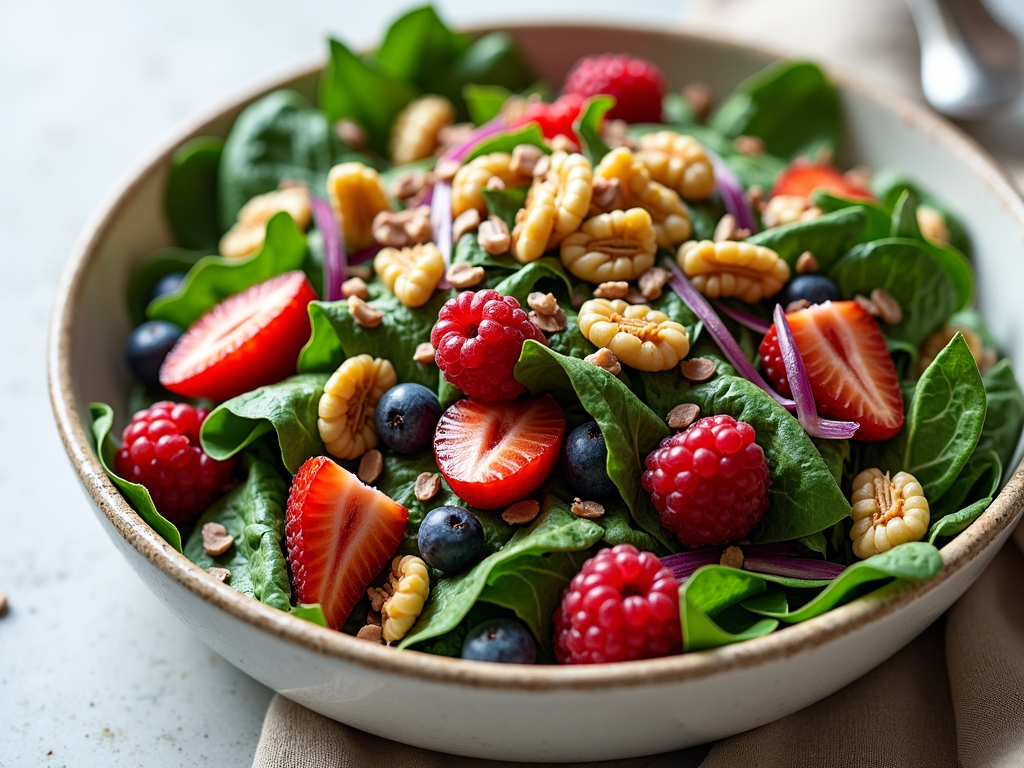How Your Lifestyle Choices Affect Fertility Preservation
May 24, 2025, 5:21 p.m.
Overview: The Importance of Lifestyle on Fertility Preservation
Fertility preservation is crucial for women who wish to maintain their ability to have children in the future. Lifestyle choices play a significant role in maintaining reproductive health. This article explores how factors like age, diet, exercise, stress, and environmental exposure impact fertility, offering practical tips to enhance fertility preservation.
Age and Fertility: Understanding the Decline
As women age, particularly after the age of 35, fertility can decline sharply. It’s essential for women to engage in regular health check-ups and to be aware of their fertility status. Options such as egg freezing can be considered for those wishing to preserve their fertility. Keeping track of ovulation and understanding the fertility window can aid in planning.
Diet and Nutrition: Fueling Fertility
A balanced diet rich in antioxidants, vitamins, and minerals can significantly support fertility. Here are some recommendations:
Foods to Include: - Leafy greens (like spinach and kale) - Berries (rich in antioxidants) - Nuts (great source of healthy fats) - Whole grains (for sustained energy) - Lean proteins (supports overall health)
Foods to Avoid: - Processed foods (high in trans fats and sugars) - Excessive sugar (linked to hormonal imbalances) - Trans fats (harmful for overall reproductive health)
Maintaining a healthy weight is crucial as both underweight and overweight conditions can affect fertility outcomes.
Exercise and Physical Activity: Finding Balance
Moderate exercise can improve overall health and enhance fertility. Activities like walking, yoga, and swimming are particularly beneficial. However, excessive exercise can lead to disruptions in menstrual cycles and fertility; therefore, balance is key. Aim for a routine that includes moderate physical activity while ensuring adequate rest.
Stress Management: Reducing the Pressure
Chronic stress has been shown to impair fertility by affecting hormone levels. Techniques such as meditation, deep breathing, and mindfulness can help women manage stress effectively. Additionally, seeking support from friends, family, or professionals can provide the needed encouragement and emotional support.
Environmental Factors: Minimizing Toxins
Exposure to environmental toxins such as chemicals, pesticides, and pollutants can harm fertility. To reduce exposure, consider the following:
- Use natural cleaning products instead of harsh chemicals.
- Opt for organic foods whenever possible.
- Be cautious with personal care products; choose those with fewer chemicals.
These small changes can contribute to a healthier environment conducive to reproductive health.
Personal Stories and Insights: Real-Life Experiences
Many women have shared their journeys of improving fertility through lifestyle changes. For instance, one woman recounts how adopting a predominantly organic diet and incorporating stress management techniques through yoga led to significant improvements in her reproductive health. Such real-life examples underscore the power of lifestyle choices.
Summary: Key Takeaways
Lifestyle choices significantly impact fertility preservation. Women have the ability to enhance their reproductive health through understanding and managing factors such as age, diet, exercise, stress, and environmental exposure. By making informed choices and embracing healthy habits, the path toward preserving fertility becomes clearer and more attainable.


